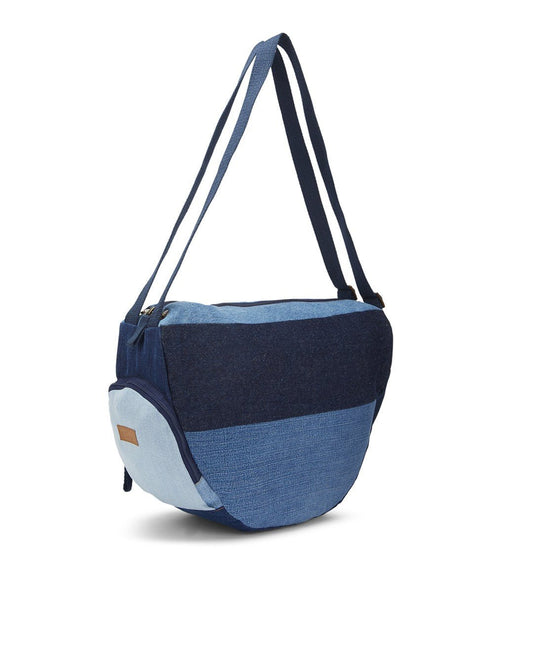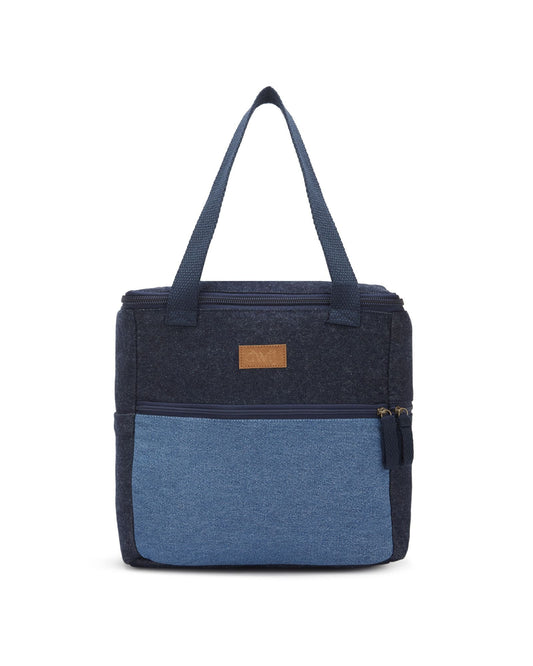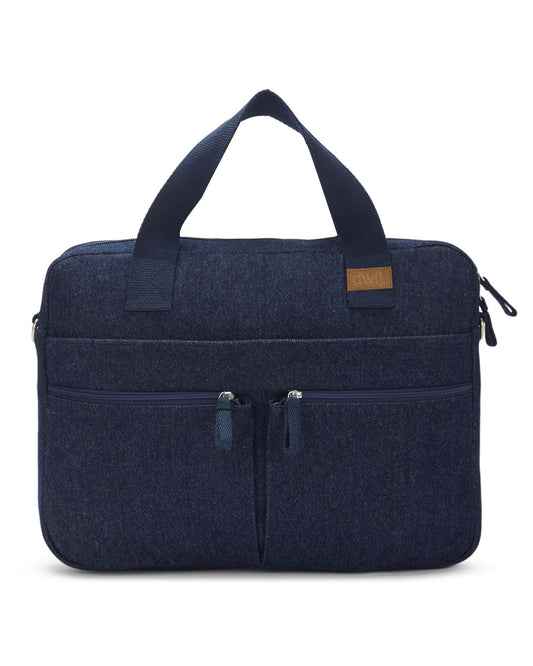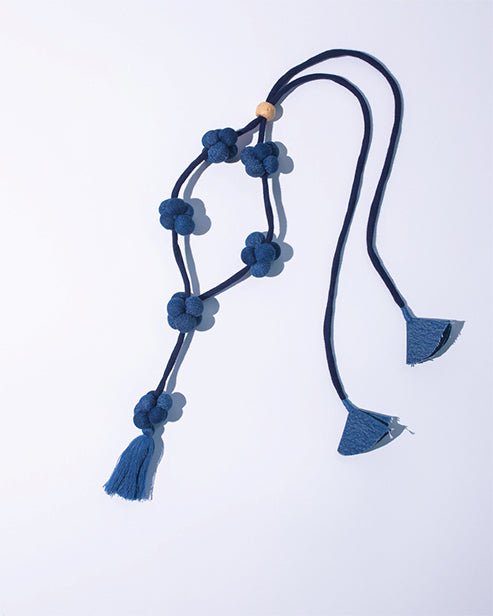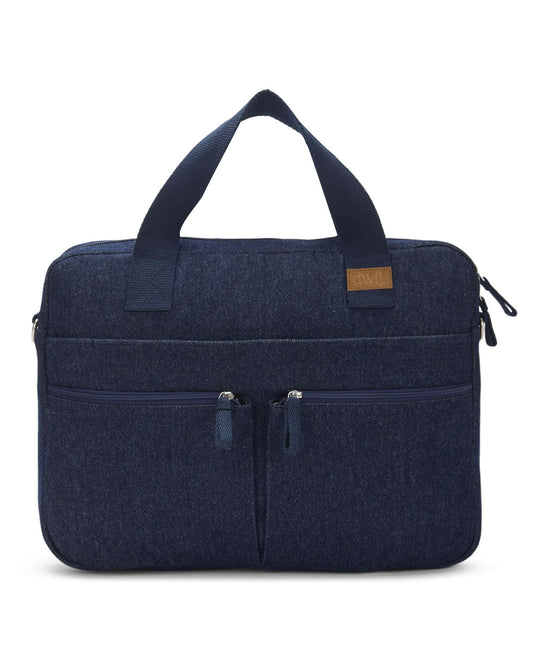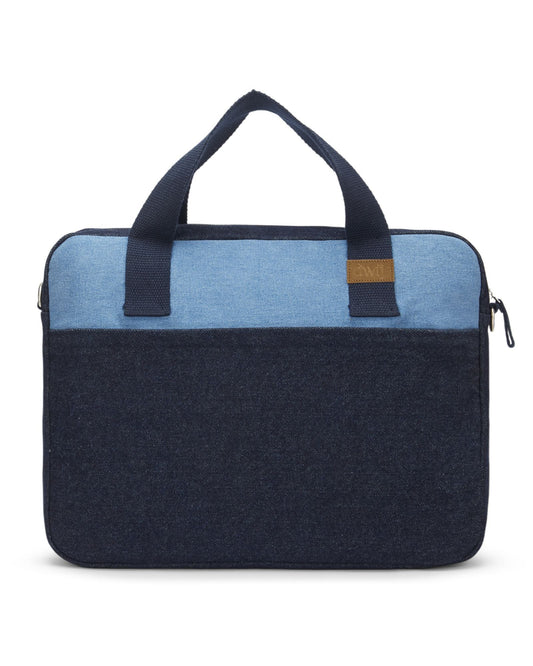In an era when ecological sustainability went from being merely recommended, to imperative, the upcycling of products gives us new insight into a different and revolutionary way we could consume. Enter upcycling, the process of converting waste materials or useless products into new materials or products of better quality or for better environmental value – it is an essential component of sustainable consumption and production and so combating climate change, resource depletion, and wastage. Brands like Dwij are taking the ball in their court by coming up with lifestyle products that score extra on style and aid purpose to fashion while at the same time doing justice to our planet.
1. What is Upcycling?
Upcycling is an eco-friendly and artistic initiative that allows people to use waste materials or items they do not want anymore, converting them into objects of a higher quality or value. As opposed to traditional recycling, which often includes breaking down the materials and wasting a lot of their value, upcycling improves the integrity of the material as well as its meaning, managing to preserve the original shape. This approach can significantly reduce waste, energy consumed, and the new material used.
2. The Impact of Waste
Globally, over 92 million tons of textile waste are created each year, and it’s predicted to increase by 60% by 2030, resulting in an annual waste of 148 million tons. Most of it is dumped into landfills, where it decomposes for several hundred years while simultaneously emitting harmful greenhouse gases. However, upcycling helps save the planet by reusing these wastes to create something new before they even reach landfills.
The brand Dwij uses post-industrial fabric scraps together with old ordinary denim to create stylish bags and accessories.
3. The Rise of Ethical Consumerism
The increase of ethical consumerism. Nowadays, ethical consumerism is growing rapidly. On the one hand, it is caused by climate change, pollution, and other issues that become more frequent. Consumers are increasingly interested in buying sustainable products, made ethically, and are environmentally responsible. They prefer purchasing products that coincide with their values.
73% of global customers declare that they would change their habitat consumption to lower their impact on the environment. Besides, 52% of consumers prefer buying from sustainable and ethical companies. Dwij’s products are made according to the world’s developing trends. They are not only stylish, comfortable, and good for health but also reduce the consumer’s impact on the environment. Each upcycled product selected by the customer promotes saving the environment.
4. Environmental Benefits of Upcycling
There are several environmental benefits that upcycling has and that make it a crucial part of the sustainable movement for reduction in waste, energy conservation, as well as a reduction in carbon emissions.
Waste reduction: With upcycling, waste does not reach landfills. Every year, about 85 % of all textiles, or about 21 billion tons end up in landfills across the world. Thus, instead of ending up in a landfill, used textiles can be upcycled to create new, innovative items.
Energy conservation: Upcycling takes much less energy than manufacturing brand-new products. For example, the manufacturing of a pair of denim jeans requires 1,800 gallons of water. By upcycling all of that denim to make bags, Dwij uses near-zero water for every new product that it creates.
Reduction in carbon emissions: Surprisingly, the fashion industry is responsible for about 10 % of all global carbon emissions, more than international flights and maritime shipping combined. Thus, by ending the need to produce these products, upcycling also reduces the amount of carbon that is being put into the atmosphere by the production of new textiles.
5. Circular Economies and Their Role in Sustainability
Upcycling supports the broader goal of a circular economy, where materials are kept in use for as long as possible, minimizing waste and the extraction of new raw materials. The concept of a circular economy is the antithesis of the traditional “take, make, dispose” material use model which inevitably leads to excessive waste.
Circular Economy Impact:
- According to the Ellen Mac Arthur Foundation, if key industries adopt circular production principles, greenhouse gas emissions could be cut by 39% by 2050.
- It will also reduce the use of materials by 28% in the same period.
Dwij’s upcycling contributes to this sustainable model by ensuring that less waste is produced and fewer raw materials are extracted into product manufacturing.
6. Upcycled Products: Uniqueness and Quality
Upcycled products are, first of all, goods of a unique nature. Many of them have a history which adds even more uniqueness to each piece. They reflect a person’s character and features. Thus, if something is produced from reclaimed materials, it is impossible to see two identical items. Second, upcycled products are typically more qualitative than other ones. The above-mentioned bags, for example, can last a decade or even more. Thus, no matter how they are characterized, upcycled products are goods worth consideration.
7. Consumer Preferences for Sustainable Products
In our modern world, people become more and more picky and have begun to prefer sustainable or eco-friendly products to conventional ones. For example, as it was mentioned earlier, about 60% of consumers worldwide are willing to pay more for environmentally-friendly products. Also, Between 73% and 83% of millennials say sustainability is important to them, and many take the environmental impact of their purchases into account.
Today, the importance of being mindful of waste and pollution is growing. In light of this, when the demand for more transparency and sustainability increases, upcycled products will be there to meet the expectations. When an item is upcycled, it keeps all its good qualities but is made more sustainable in the production process, for instance.
Conclusion
All in all, upcycled products are not the trends of today, they are the future of ethical consumerism. As the public is getting more and more aware of its negative effects on the environment, such as severe pollution and climate change, the trend for upcycling cannot be seen as anything other than reasonable. Companies like Dwij show the way in upcycling waste into the materials for their garments, thus making a major step towards a circular economy and a drop in pollution. The conclusion is obvious, and the future of consumerism is clear – it is ethical, it is sound and it is upcycled.


